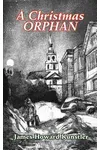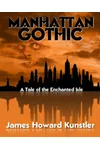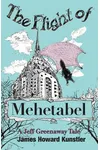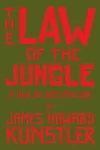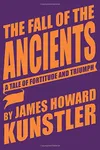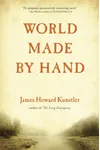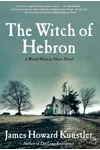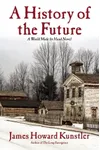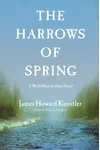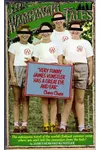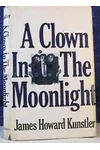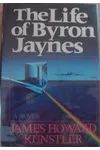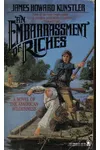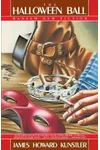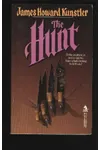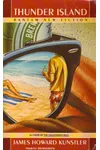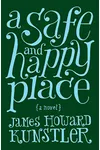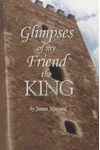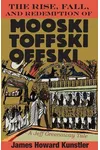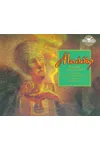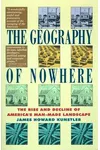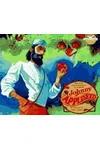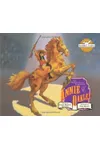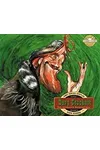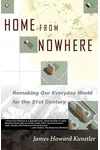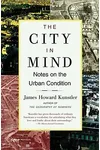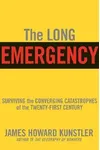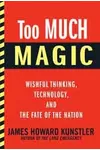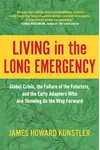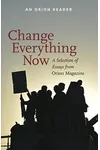Picture an American visionary who saw beyond the sprawl of suburbia to a world reshaped by scarcity—meet James Howard Kunstler! Born in 1948, this author, social critic, and blogger has spent decades challenging how we live, work, and dream. With sharp wit and a knack for storytelling, Kunstler’s books, like The Geography of Nowhere and the World Made by Hand series, blend non-fiction critique with speculative fiction, painting vivid pictures of a future where oil runs dry and communities must adapt.
From his early days in New York City to his provocative lectures, Kunstler’s journey is one of curiosity and conviction. Whether you’re a fan of urban planning or dystopian tales, his work sparks big questions about sustainability and society. Let’s dive into the life and legacy of this bold thinker!
The Making of James Howard Kunstler
James Howard Kunstler was born on October 19, 1948, in New York City to Jewish parents. After their divorce when he was eight, he moved with his mother and stepfather to Long Island’s suburbs—a landscape that later fueled his critique of sprawl. Summers at a New Hampshire boys’ camp introduced him to small-town life, planting seeds for his vision of localized communities. He graduated from SUNY Brockport in 1971 with a theater degree, then cut his teeth as a journalist, writing for newspapers and Rolling Stone. By 1975, he turned to books, kicking off a prolific career that blended fiction and social commentary.
James Howard Kunstler’s Unforgettable Works
Kunstler’s writing is a unique mix of razor-sharp analysis and imaginative storytelling. His 1993 non-fiction book, The Geography of Nowhere, is a landmark critique of American suburbia, exposing the economic, social, and spiritual costs of car-centric landscapes. With witty prose, he calls for a return to walkable, community-focused places. Its follow-up, Home from Nowhere (1996), offers practical solutions, cementing his role as a New Urbanism advocate.
In 2005, The Long Emergency tackled peak oil and climate change, predicting a collapse of industrial society and a shift to agrarian life. This vision comes to life in his speculative fiction series, starting with World Made by Hand (2008). Set in a post-oil Union Grove, New York, the novel explores survival and community with a folk-infused vibe. Three sequels expand this richly imagined world, blending grit with hope. Kunstler’s style—part jeremiad, part satire—makes complex issues accessible and urgent.
Why James Howard Kunstler Matters
Kunstler’s impact lies in his ability to make us rethink our surroundings. His books are staples in architecture and urban planning courses, inspiring city planners and activists to prioritize human-scale design. Critics like Bill Kauffman have dubbed him the “scourge of suburbia,” while his KunstlerCast podcast earned praise for its honest urban commentary. Though some critique his rhetoric as alarmist, his warnings about resource depletion and cultural decay resonate in an era of climate anxiety. Kunstler’s fiction, meanwhile, offers a grounded yet imaginative lens on resilience, influencing readers to consider sustainable futures.
- Born: October 19, 1948, New York City
- Key Works: The Geography of Nowhere, The Long Emergency, World Made by Hand
- Notable: Leading voice in New Urbanism; lectured at Harvard, Yale, and MIT
Ready to explore a world where cars fade and communities thrive? Grab World Made by Hand or The Geography of Nowhere and dive into James Howard Kunstler’s bold vision!
